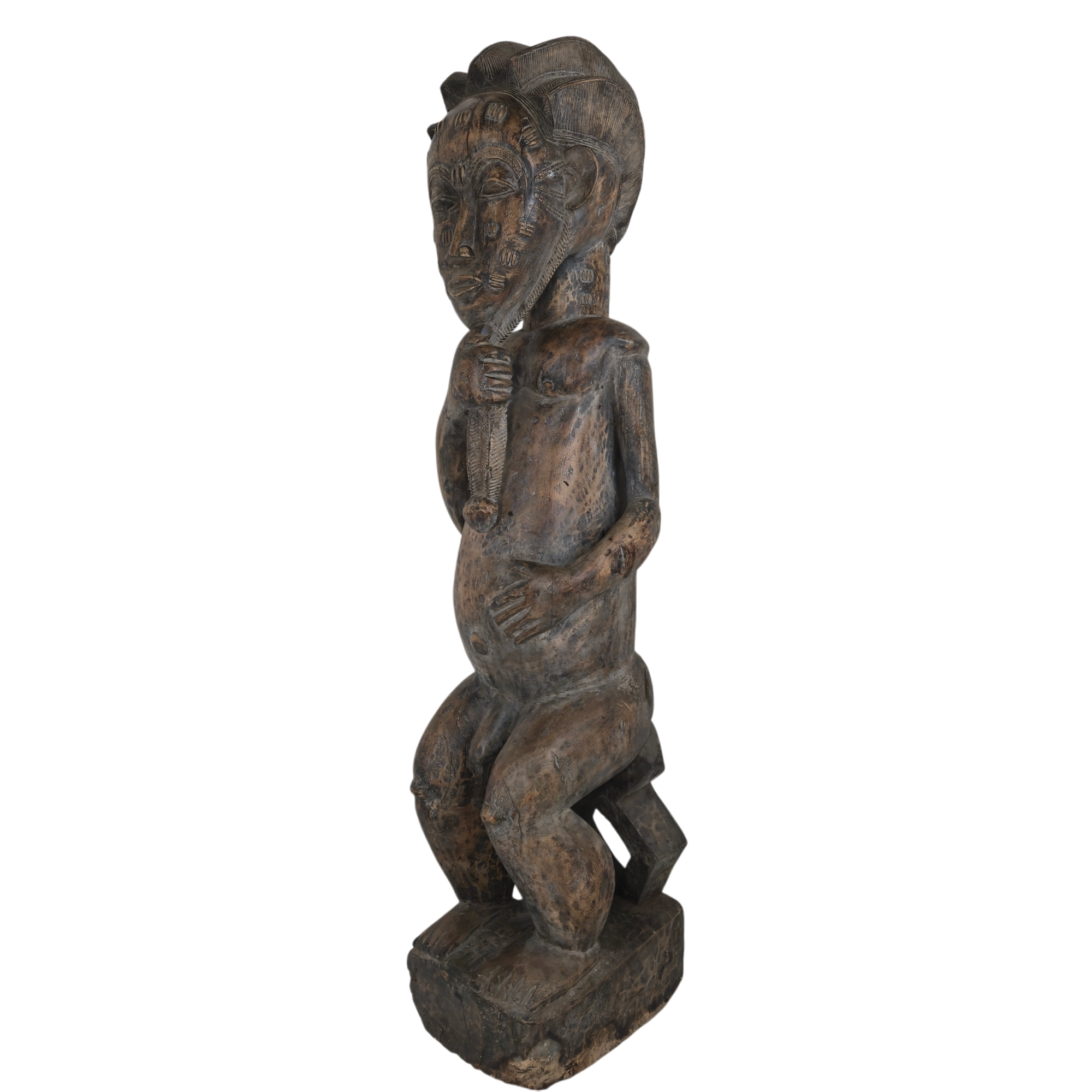The Bamun ethnic group is a Bantu ethnic group of Central Africa, mainly concentrated in the Grassland region of Cameroon. The Bamuns speak Bamoun, a Bantu language that is part of the Tikar-Banyang group.
The Bamun ethnic group is famous for its traditional art, particularly wooden sculptures. Bamun sculptors are known for their ability to represent human figures with great precision and attention to detail. Bamun masks and statues are often used in religious ceremonies and rites of passage, such as funerals and initiations.
Bamuns are also known for their sophisticated political system. The Bamum kingdom was founded in the 17th century and was governed by a series of kings, who were chosen from among the members of the royal family. The king had great political and religious power and was considered an intermediary between the gods and humans.
The majority of Bamuns are Muslims, although some still practice traditional African religions. Bamun society is traditionally divided into castes, each with specific functions and responsibilities. Artisans and griots are considered part of the highest castes.
